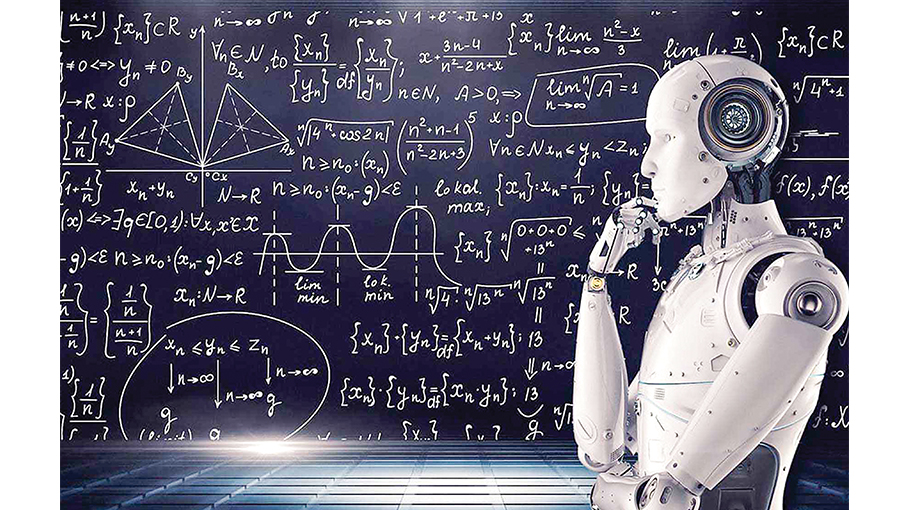Exploring the Impact of AI on STEM Education

There has been a rise in the use of artificial intelligence (AI) in STEM (Science, Technology, Engineering, and Mathematics) education. An AI-driven education brings with it potential benefits and challenges to the way students learn, and leaves implications for the future of how STEM is taught. As the world becomes more familiar with AI, there comes the added use of technology to improve teaching and learning in STEM classrooms. However, there are ethical implications of using AI in the classroom that go along with this novel movement.
AI is Changing the Way Students Learn
Here are three significant ways in which AI is transforming the student learning experience in STEM:
Personalized learning: By analyzing data on student performance and behavior, AI algorithms can identify areas where students need extra help and provide targeted support. This can help students learn more efficiently and effectively and can also help teachers identify areas where they need to focus their attention.
Adaptive assessments: Students can get individualized work that adjusts to their level, with questions that challenge them without being too easy or too difficult. This can help students build confidence and motivation and can also provide teachers with more accurate data on student performance.
Virtual and augmented reality: Interactive experiences can help students better engage with complex concepts. For example, students can use virtual reality to explore the human body or visit historical sites or use augmented reality to visualize complex mathematical concepts.
AI to Improve Teaching and Learning in STEM Classrooms
Here are three ways AI can be used to support teachers:
AI-powered tutoring: This enhanced, personalized support can help struggling students understand a tricky concept and keep up with their class.
AI Assisted Grading: AI can also be used to assist with grading and assessment. Automated systems can help save teachers time and provide more accurate and consistent grading.
AI's impact on the job market: Some jobs may
be automated, while others may require new
skills and knowledge. Students will have to focus
on the aspects of STEM that require a human touch.
Preparing students for the future: In addition to
learning technical skills for newly developed
workplace tools, students will need to hone
their critical thinking, problem-solving, and creativity.
AI-powered lesson planning: By analyzing data on student performance and behavior, AI algorithms can identify where students need extra help and provide targeted support.
Challenges of AI in STEM education
While students and teachers may benefit from AI assistance, this rapidly evolving technology carries some concerns.
• Lack of teacher training and support
• Potential for bias in AI algorithms
• Privacy concerns
• Ethical considerations
Implications for the Future of STEM Education
The impact of AI on STEM education is likely to be significant in the coming years. Some of the most important implications for the future of STEM education can be:
AI's impact on the job market: Some jobs may be automated, while others may require new skills and knowledge. Students will have to focus on the aspects of STEM that require a human touch.
Preparing students for the future: In addition to learning technical skills for newly developed workplace tools, students will need to hone their critical thinking, problem-solving, and creativity.
The role of educators in AI-driven education: AI is not a replacement for teachers. Any time that AI potentially saves teachers can be reinvested in guiding students, providing feedback, and creating a supzortive learning environment.




